‘Huge potential’ for aquaculture sensor to positively impact fish stock welfare and production volumes
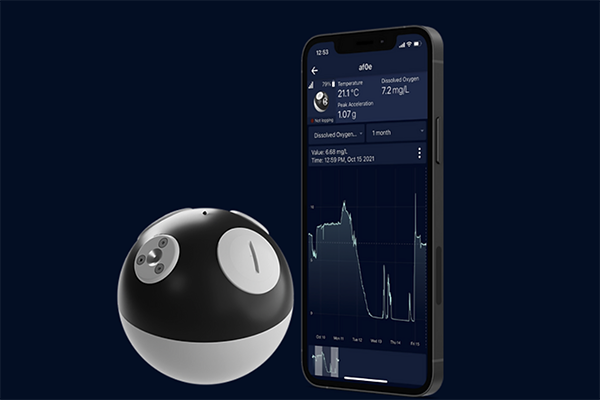
OTAQ, the marine technology products and solutions group for aquaculture, offshore energy and the sport and leisure industries, has announced a new multi-year agreement with Sensor Globe, a Canadian aquaculture technology innovator, to globally distribute its aquaculture sensor.
OTAQ will distribute Sensor Globes data collection solution, an aquaculture sensor used to monitor water quality and fish welfare, primarily targeting both the Scottish and Chilean markets, two of the world’s largest producers of farmed salmon. This follows the completion of a successful development period leading to OTAQ’s first Sensor Globe customer in Chile.
“The Sensor Globe adds a complementary product to our aquaculture portfolio which builds on the range of solutions already available to our clients,” said Phil Newby, chief executive at OTAQ. “Having secured our first customer for the Sensor Globe in Chile, we are now looking forward to representing the Sensor Globe in our core markets and progressing the market opportunity.”
The Sensor Globe data collection unit is a powerful multi-functional aquaculture sensor. The globe sensor is designed to flow with the fish through pumps, pipes, treatments and machinery, measuring the water quality and the physical impact on fish, both of which are essential to fish welfare.
The globe sensor allows users to monitor real-time data remotely via an intuitive user interface. Data – such as dissolved oxygen, temperature, pH, acceleration, conductivity and shock – can be seen in real-time. Alternatively, the globe sensor can simply be left anywhere for months at a time, and its data can then be retrieved for analysis.
“We see huge potential in the suite of complementary aquaculture solutions given the positive impacts they can have on fish stock welfare and production volumes,” said Newby.
Follow the Advocate on Twitter @GSA_Advocate
Now that you've reached the end of the article ...
… please consider supporting GSA’s mission to advance responsible seafood practices through education, advocacy and third-party assurances. The Advocate aims to document the evolution of responsible seafood practices and share the expansive knowledge of our vast network of contributors.
By becoming a Global Seafood Alliance member, you’re ensuring that all of the pre-competitive work we do through member benefits, resources and events can continue. Individual membership costs just $50 a year.
Not a GSA member? Join us.
Author
Tagged With
Related Posts
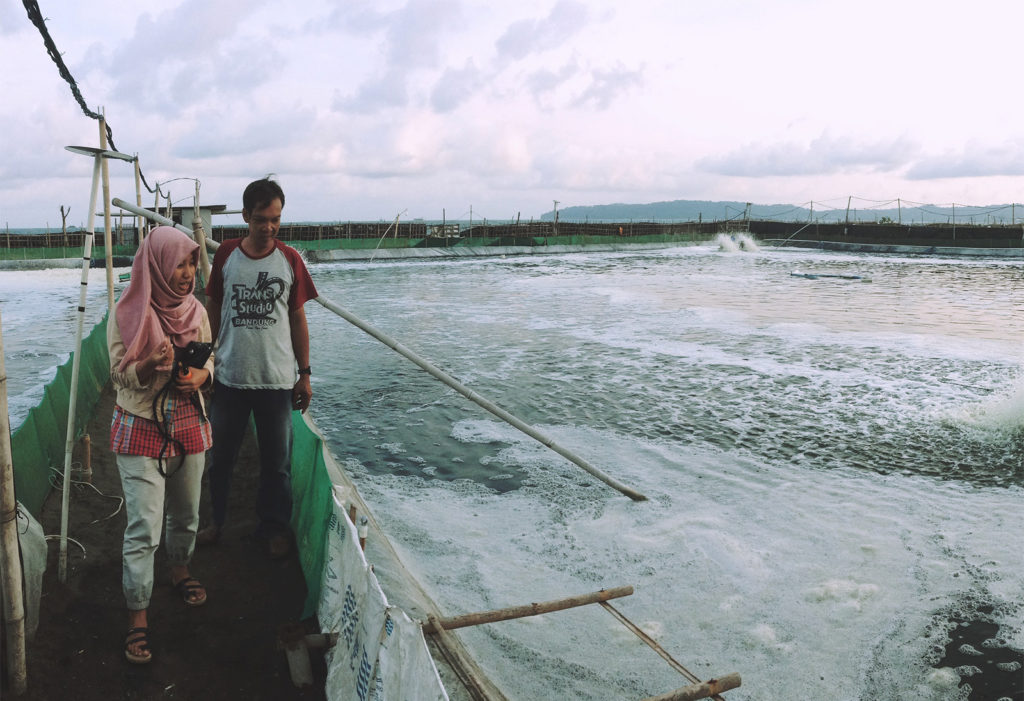
Innovation & Investment
Aqua Insights excerpt: Smart water quality sensors for aquaculture
An excerpt from the April 2022 issue of Aqua Insights looks into the possibilities that Smart water quality sensors provide aquaculture.
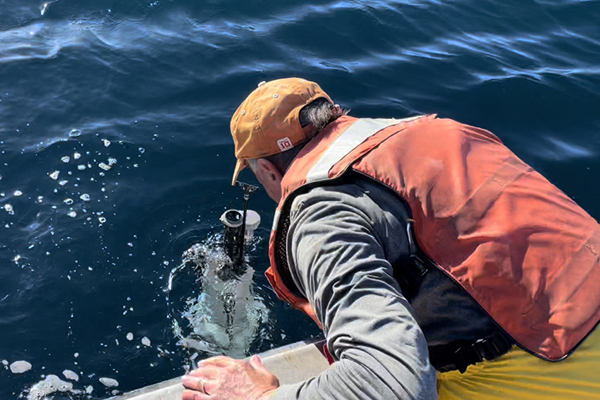
Innovation & Investment
Chemical and biological sensors in the ocean could deliver climate change data in real time
Seafood producers could soon get preemptive warnings on ocean conditions that affect the health of their products.
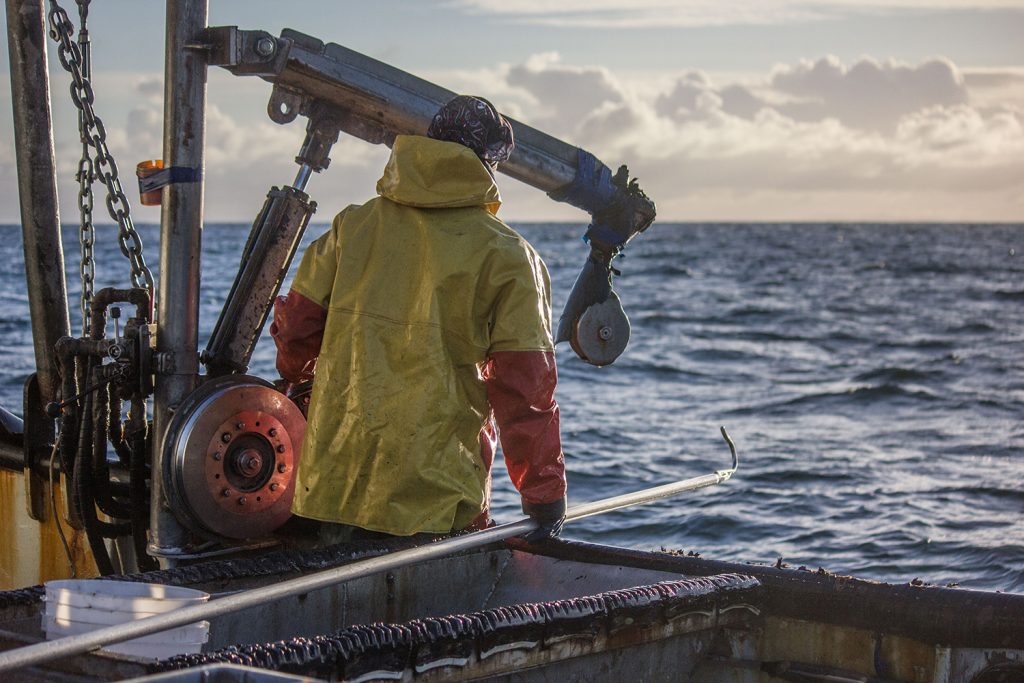
Fisheries
Artificial intelligence is already helping improve fisheries, but the trick is in training the tech
Artificial intelligence is providing valuable data to fisheries, cutting costs and the need for human review. Can the technology be perfected?
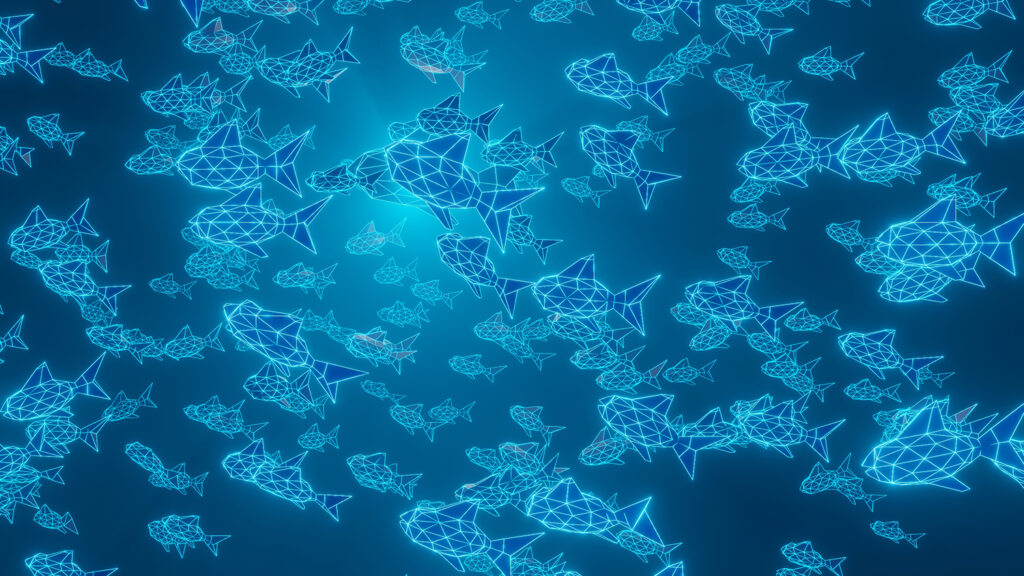
Innovation & Investment
‘AI ticks all the boxes’ and is proving to be a perfect match for aquaculture
Artificial intelligence (AI) is rippling through the aquaculture industry, promising greater efficiencies and insights, as well as investor interest.



